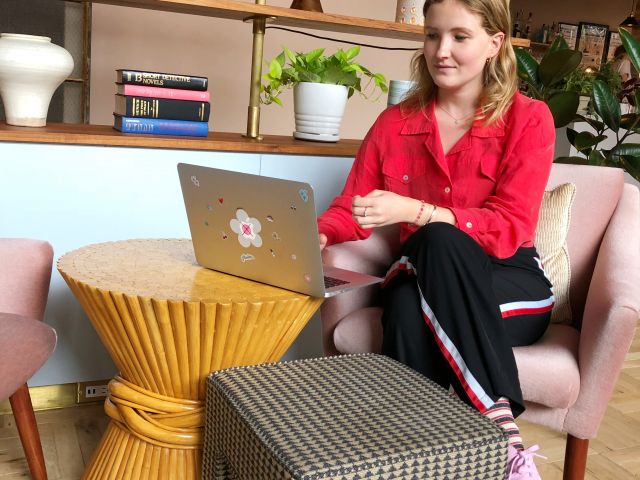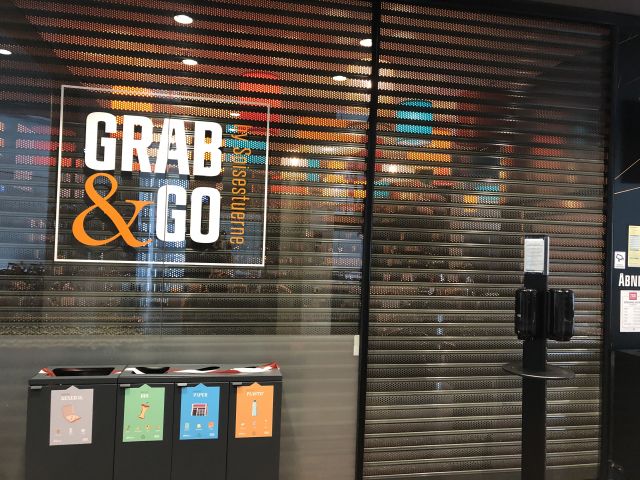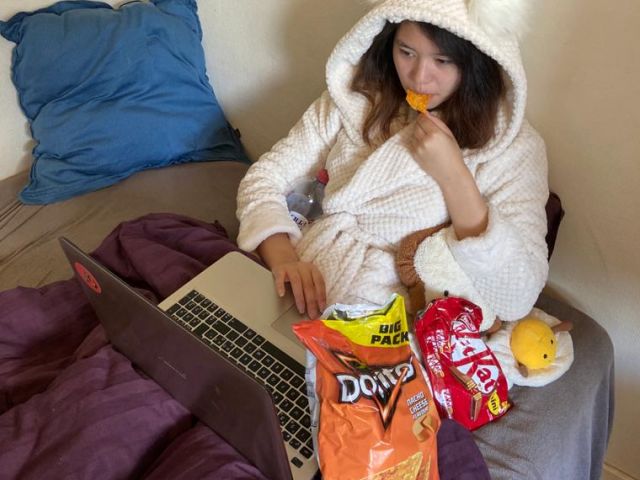CBS on financial support for vulnerable students: “The students miss each other, and that’s something money can’t buy”

(Illustration: Shutterstock)
The Danish government has decided to set aside DKK five million Danish kroner to support vulnerable students affected by Covid-19. But according to the Head of the Dean’s Office at CBS, the main problem is not a lack of money, but the lack of time spent with other students.
Recently, the government and all the parties of the Danish Parliament agreed to allocate DKK 5 million towards efforts to help vulnerable students who are struggling in the wake of the Covid-19 restrictions.
Three of the five million will go to Studenterrådgivningen, a nationwide institution under the Ministry of Higher Education and Science.
The remaining two million will go towards more outreach work at the student counselling offices at selected institutions of further education. However, at the time of writing, details of which specific educational institutions will have access to the money had not been decided.
At CBS, the government’s decision has received an overall positive reception. But Wilbert van der Meer, the Head of the Dean’s Office, and Thomas Gylling, Guidance Specialist at Student Affairs, point out that students’ vulnerability during the corona lockdown is much more complex than it may seem, and that buying social interaction among students is difficult.
Main priority
Like many other groups in society, students have been forced to get used to totally new everyday lives with social limitations and isolation at home since all universities officially shut down two months ago.
So, since March 12, all 19,708 students at CBS have been excluded from campus and compelled to study within the four walls of their homes.
As several media reports have suggested, the extensive changes and restrictions imposed by the lockdown can cause many individuals to feel lonely and fail to thrive. Not least those who are already struggling with mental health issues and vulnerabilities.
And according to the Head of the Dean’s Office, Wilbert van der Meer, that also includes the more vulnerable students at CBS.
“There’s no doubt that the lockdown affects our students, especially those who were already having a hard time before the lockdown,” he says.
But although he acknowledges that some of the students are currently struggling, Wilbert van der Meer explains that the main priority at the Dean’s Office has been to facilitate lectures and exams under the new and unforeseen circumstances ushered in by the CBS shutdown.
“When the whole situation suddenly changed, ensuring that our teaching was up and running was urgent, as well as making sure that our exams would be carried out as planned. Those were our top priorities,” he says and continues:
“However, that doesn’t mean that we’ve forgotten to take care of our students and their wellbeing. Our different student counselling departments have been providing help all along and will continue to do so for students who are experiencing difficulties.”
Multiple degrees of vulnerability
In line with Wilbert van der Meer, Guidance Specialist at Student Affairs Thomas Gylling is well aware of the fact that some CBS students are undoubtedly mentally affected by the consequences of being excluded from campus in one way or another.
He acknowledges that some students are struggling with severe depression, loneliness and anxiety. Yet, he emphasizes the importance of taking into consideration that being a vulnerable student can be defined on many levels at the moment.
“We must be very careful when we label our students as ‘vulnerable’. Because when our everyday lives and the circumstances we’re used to suddenly change, as they have with Covid-19 and the lockdown, our vulnerability changes with it,” Thomas Gylling says and gives an example:
“Lately I’ve been talking to a lot of students who had planned their lives in advance around going on university exchange trips in the fall. Then the lockdown came, and are uncertain about whether or not they’ll be able to go.
“And in my experience, some students bide their time and take things as they come, while others find the uncertainty of not knowing what will happen a very heavy burden to carry,” he says.
“Something money can’t buy”
Wilbert van der Meer agrees that many factors play a role in CBS students’ wellbeing these days.
However, in his experience, one of the main reasons why students are becoming more vulnerable at the moment is the exclusion from all social gatherings and activities.
And although he applauds the decision by the government, fulfilling the students’ social needs is not necessarily something you can put a price on.
“In my opinion, two million isn’t that much when it has to be shared between all the Danish universities. But the main issue here isn’t really a lack of money. Rather, the problem is that our students can’t get together socially. They miss each other, their study groups and all the parties. And money can’t buy those things,” he says.
That is also why Wilbert van der Meer and his colleagues will continue to build on the ideas they already had before the lockdown about doing even more for students’ welfare at CBS.
And according to the Head of the Dean’s Office, these ideas will be very important in the future.
“We must consider that when campus reopens, some of the restrictions we already know are likely to still be in place: keeping our distance, no social events, no parties and so on,” he says and adds:
“This means that we need to provide a higher level of professional welfare in terms of more feedback, considerations about the meaning of grading, better introductions to study life and the like. At the same time, I hope our student unions will consider how to support the social aspects among students online.”
However, Wilbert van der Meer underlines that the crisis and lockdown still comprise a completely new situation for everyone and that many factors remain unknown.
One might involve how two of the five million that the government has put aside will be shared among the universities.
“To be honest, no one really has a crystal-clear idea of how to create a well-functioning and inclusive study environment under these new circumstances. Especially when it comes to the aftermath of the lockdown.”
“But we’re determined to do what we can for all our students’ wellbeing, and the government’s initiative is an excellent reminder of that fact,” he says.




































































































































Comments